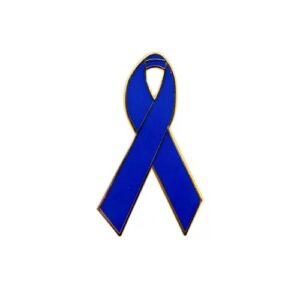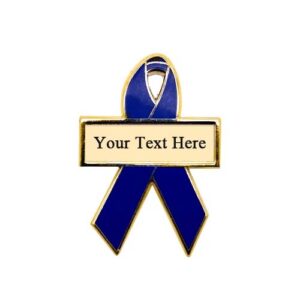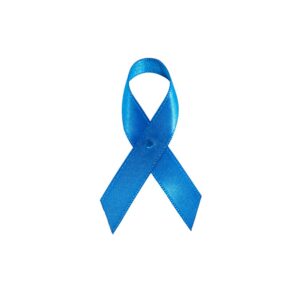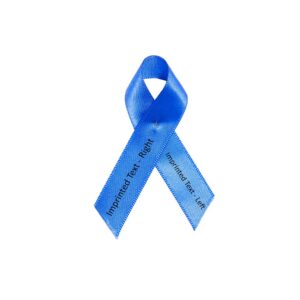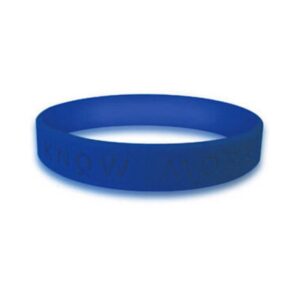Search by Color or Cause

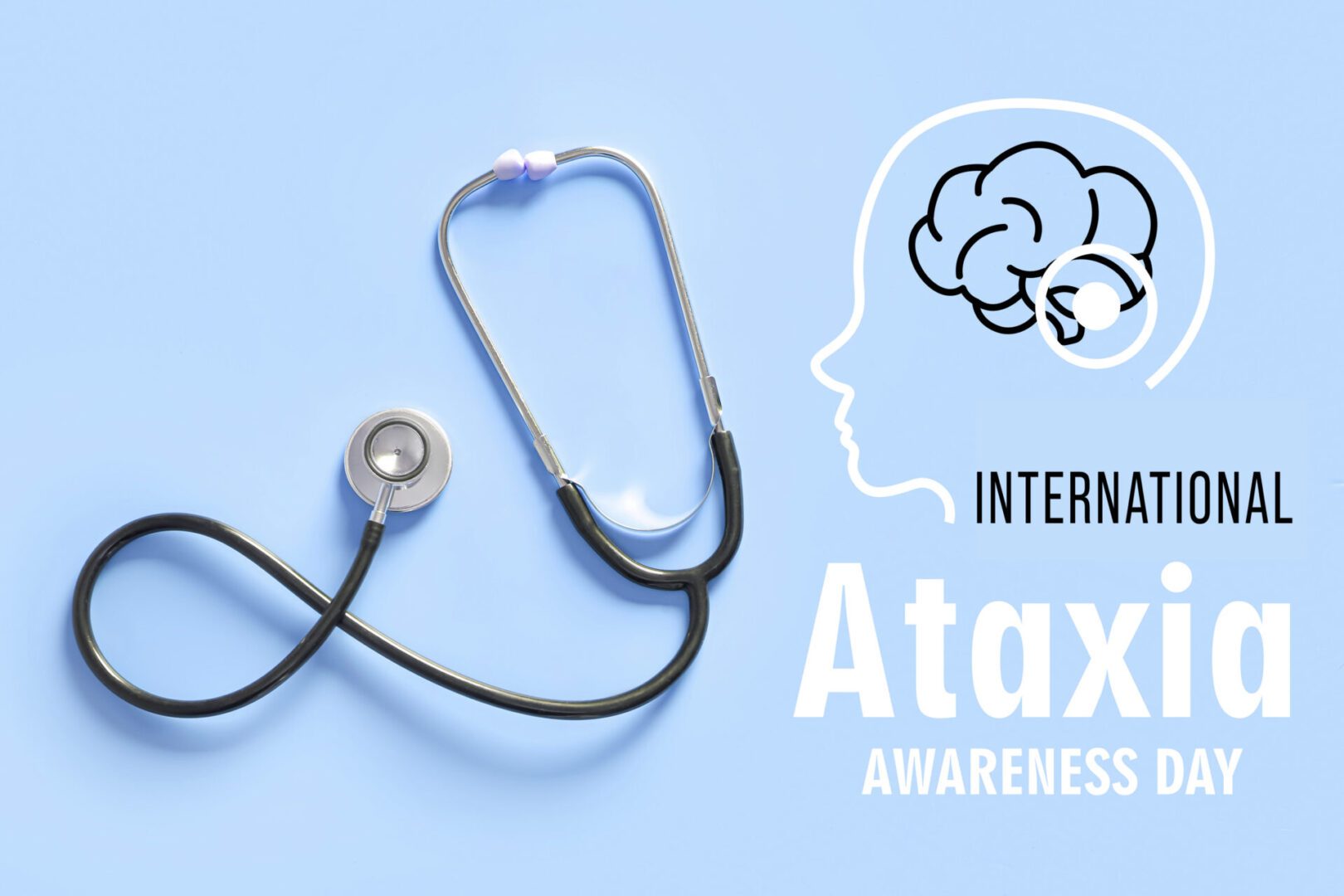
International Ataxia Awareness Day (IAAD) is on September 25 of each year. It is a coordinated effort from individuals and Ataxia organizations around the world to help shed light on this rare disease. Ataxia, a degenerative neurological disorder that affects movement and coordination, can be a rare symptom of intracranial hypotension due to spinal CSF leak. Ataxia literally means “without coordination” and can affect people of any age. People with ataxia often have difficulties with speaking, walking, and even swallowing. They may also experience tremors and difficulty with balance. Similar symptoms are also occasionally found in people experiencing a spinal CSF leak. Wear a blue ribbon, pin or wristband for International Ataxia Awareness Day.
Ataxia telangiectasia (A-T) is rare genetic disease that affects the nervous system, the immune system, and many other parts of the body. Also known as Louis-Bar syndrome, dilated blood vessels and poor coordination are typical hallmarks of the condition. Small clusters of enlarged blood vessels called telangiectases can occur in the eyes and on the surface of the skin. People with A-T can easily develop lung infections and are at risk of developing cancers of the blood and immune system. Symptoms of A-T can appear in childhood and progress with age.
Ataxia is caused by damage to different areas of the central nervous system. Doctors categorize it by the specific part of the brain most affected, including:
The cerebellum is the part of your brain that’s in charge of balance and coordination. If part of your cerebellum starts to wear away, you can develop cerebellar ataxia. Sometimes it can also affect your spinal cord. It’s the most common form of ataxia.
Symptoms of cerebellar ataxia include:
Sensory ataxia is the result of damage to nerves in your spinal cord or your peripheral nervous system. That is the part of your nervous system outside of the brain and spinal cord.
When you have sensory ataxia, you have less sensation in your feet and legs from the nerve damage, so you have less feedback from your brain telling you where your body is in relation to the ground. It’s also called proprioceptive ataxia.
Symptoms of sensory ataxia include:
Vestibular ataxia affects your vestibular system. This system is made up of your inner ear and ear canals, which contain fluid. They sense the movements of your head and help with your balance and spatial orientation.
When the nerves in your vestibular system are affected, you can have the following problems:
Around 150,000 people in the U.S. deal with some form of ataxia. There are different causes for it. Some are genetic, some are acquired, like injuries, and some have no known clear cause.
Genetic. You can inherit a certain mutated, or changed, gene from one or both of your parents that causes ataxia. Or you may inherit a mutated gene that causes a disorder with ataxia as a symptom.
Some of the specific types of genetic ataxia include:
Acquired. Acquired ataxia occurs when you have damage to your spinal cord or nerves. The damage might be from an injury or an illness.
Some of the causes of acquired ataxia may include:
